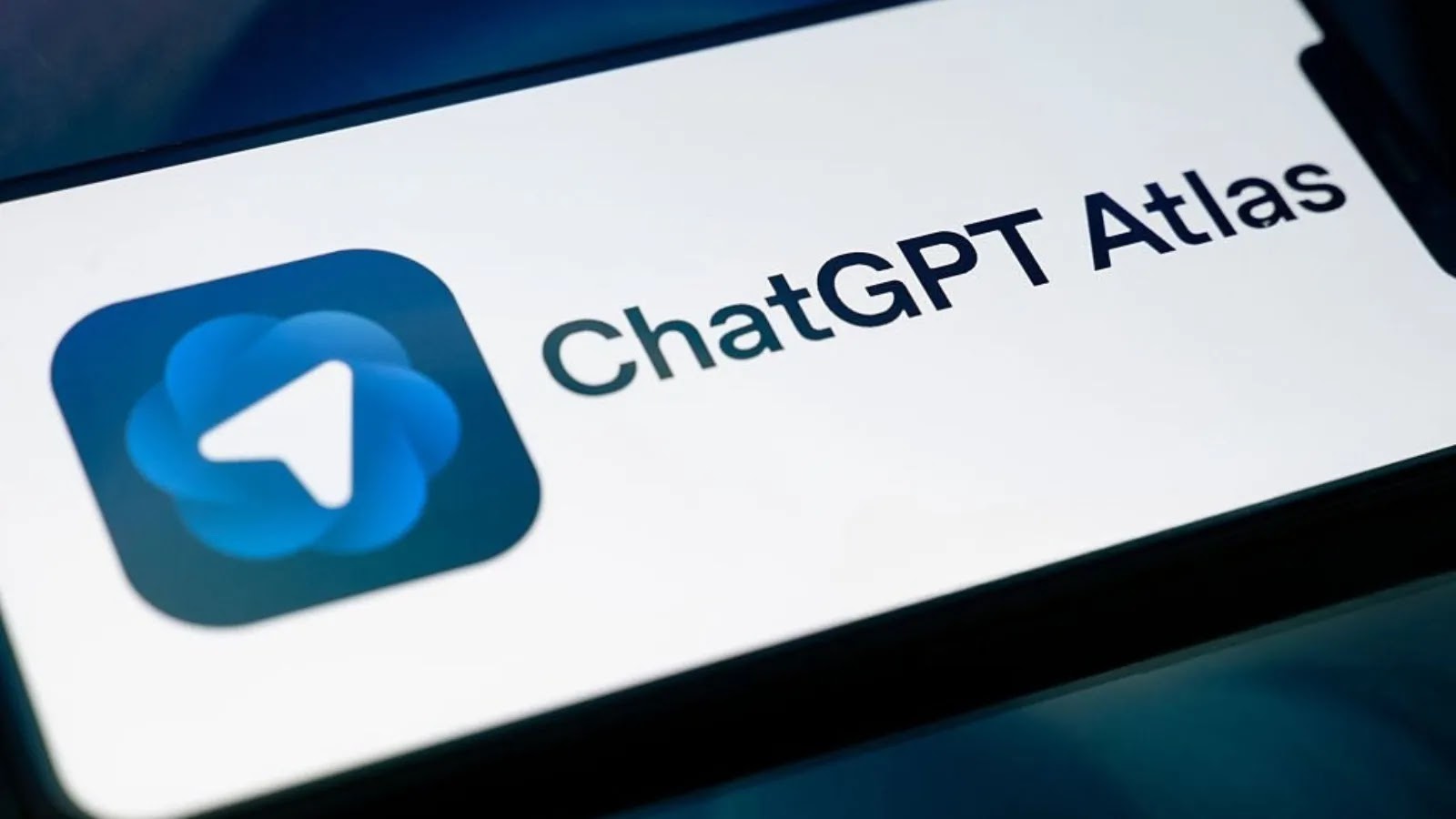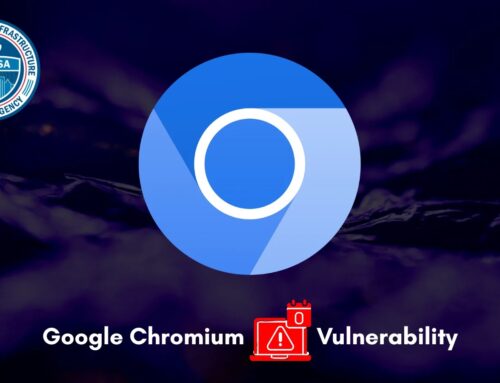
ChatGPT Atlas Stores OAuth Tokens Unencrypted Leads to Unauthorized Access to User Accounts
The digital landscape often lulls users into a false sense of security, particularly when interacting with new, innovative tools. OpenAI’s recently launched ChatGPT Atlas browser, designed to enhance user interaction with their powerful AI, has regrettably stumbled at its initial rollout. A critical vulnerability, discovered shortly after its October 21, 2025, launch, exposes user accounts to unauthorized access by storing unencrypted OAuth tokens with dangerously permissive file settings. This post delves into the specifics of this new threat and outlines crucial steps for remediation.
ChatGPT Atlas: An Unencrypted OAuth Token Exposure
The core of this vulnerability lies in how ChatGPT Atlas handles authentication tokens. OAuth tokens, which are essentially digital keys granting access to specific user data and functionalities without exposing direct credentials, are being stored unencrypted within a SQLite database. This practice is a fundamental security misstep, as any locally stored sensitive data should be encrypted at rest.
What compounds this issue is the “overly permissive file settings” on macOS, as highlighted by Pete Johnson, the security researcher who identified the flaw. This means that not only are the tokens unencrypted, but the file containing them is also accessible to other processes or potentially even less privileged users on the same system. This combination creates a significant window of opportunity for attackers to extract these tokens and impersonate legitimate users.
The Mechanics of Unauthorized Access
An attacker who gains local access to a macOS system running ChatGPT Atlas could easily locate the SQLite database. With the file settings being overly permissive, they wouldn’t need elevated privileges to read its contents. Once the database is accessed, the unencrypted OAuth tokens can be readily extracted. These tokens can then be used to bypass the standard login process for the associated OpenAI account, granting the attacker unauthorized access to conversation history, settings, and any other data accessible via the token’s scope.
This isn’t merely a theoretical risk. Successful exploitation could lead to data exfiltration, account manipulation, and potential social engineering attacks leveraging the compromised account’s history. The absence of encryption for such critical authentication artifacts represents a severe breach of security best practices.
CVE Identification and Industry Impact
While an official CVE number for this specific vulnerability has not yet been publicly assigned, such a flaw would typically fall under a category like “Insecure Storage of Sensitive Information” or “Improper Access Control.” For example, previous vulnerabilities involving unencrypted storage of sensitive data often get CVEs such as CVE-2023-38545 (Curl, related to cookies) or similar. We anticipate that OpenAI will address this promptly, leading to an official CVE assignment to track the vulnerability and its resolution.
This incident serves as a stark reminder for all software developers, particularly those building applications that handle user authentication, about the paramount importance of secure token management and adherence to the principle of least privilege for file access.
Remediation Actions
Addressing this vulnerability requires immediate action from both OpenAI and ChatGPT Atlas users. Here’s a breakdown:
- For OpenAI:
- Immediate Patch: OpenAI must release an urgent patch for ChatGPT Atlas that encrypts all OAuth tokens at rest within the SQLite database.
- Secure File Permissions: The patch must also correct the overly permissive file settings to ensure only authorized processes can access the database.
- Token Revocation: Consider a broad revocation of OAuth tokens issued by ChatGPT Atlas prior to the patch, forcing users to reauthenticate, thereby invalidating any potentially compromised tokens.
- Security Audit: Conduct a comprehensive security audit of ChatGPT Atlas and all associated components to identify and remediate any other potential vulnerabilities.
- For ChatGPT Atlas Users (macOS):
- Update Immediately: As soon as a patch is released by OpenAI, update your ChatGPT Atlas browser to the latest version.
- Consider Revoking Sessions: Log out of all active ChatGPT Atlas sessions on all devices. While not a guaranteed fix against a local compromise, it’s a good practice after such a vulnerability is disclosed.
- Monitor Account Activity: Closely monitor your OpenAI account for any unusual activity, such as unfamiliar conversation history or changed settings.
- Change OpenAI Password: As a precautionary measure, consider changing your OpenAI account password, especially if you have concerns about local system compromise.
Tools for Detection and Mitigation
While direct detection of this specific vulnerability might require forensic analysis, general security tools can help maintain overall system health and detect potential indicators of compromise.
| Tool Name | Purpose | Link |
|---|---|---|
| Little Snitch | Network Monitor & Firewall (detects suspicious outbound connections) | https://www.obdev.at/products/littlesnitch/index.html |
| Objective-See Tools (LuLu, BlockBlock, TaskExplorer) | macOS Security Suite (firewall, persistent threat detection, process monitoring) | https://objective-see.com/products.html |
| Malwarebytes for Mac | Endpoint Protection (detects and removes malware that might exploit local vulnerabilities) | https://www.malwarebytes.com/mac |
Conclusion
The discovery of unencrypted OAuth tokens and overly permissive file settings in ChatGPT Atlas is a significant security concern for OpenAI users. This flaw, enabling potential unauthorized account access, underscores the critical need for robust security by design in all software, particularly applications handling sensitive user data and authentication credentials. Users should remain vigilant, update their software promptly, and adhere to recommended security practices to safeguard their digital identities. OpenAI faces the immediate task of patching this vulnerability and reinforcing its commitment to user security.





